Nasa InSight: Mars rover hunts for answers on Earth’s formation
The spacecraft will lift off tomorrow on a six-month journey to the red planet
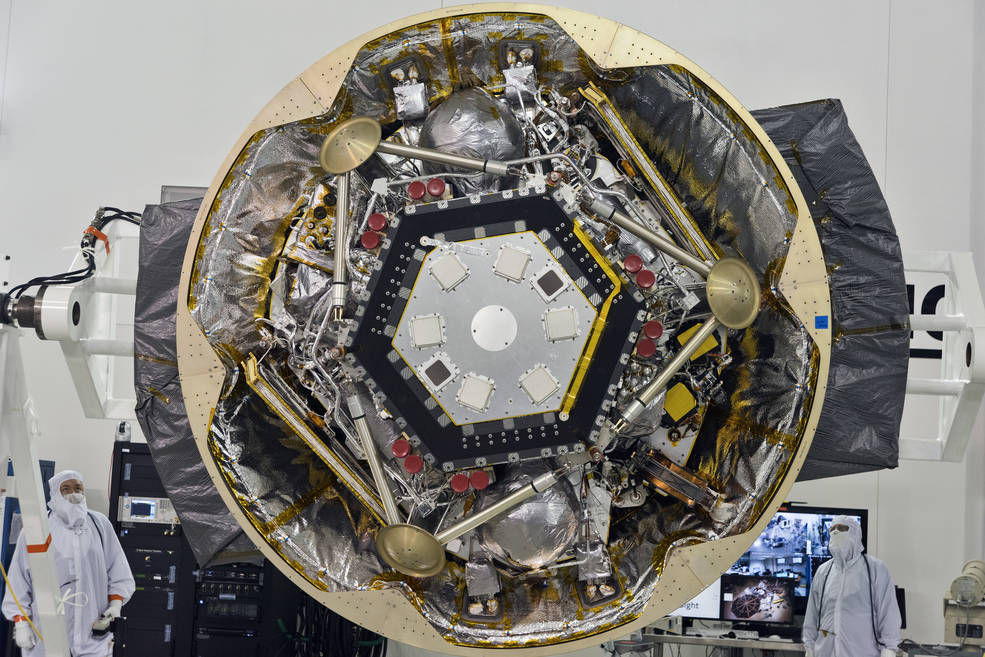
A free daily email with the biggest news stories of the day – and the best features from TheWeek.com
You are now subscribed
Your newsletter sign-up was successful
Nasa is gearing up for the launch of its first Mars rover in six years, which will be sent into orbit tomorrow.
The new InSight rover will make the six-month journey aboard the United Launch Alliance Atlas V rocket, which is due to lift off from the Vandenberg Air Force Base in California at 12:05 BST, says Space.com.
InSight, which stands for Interior Exploration using Seismic Investigations, Geodesy and Heat Transport, is due to land just above the northern side of the Martian equator on 26 November, the website says.
The Week
Escape your echo chamber. Get the facts behind the news, plus analysis from multiple perspectives.

Sign up for The Week's Free Newsletters
From our morning news briefing to a weekly Good News Newsletter, get the best of The Week delivered directly to your inbox.
From our morning news briefing to a weekly Good News Newsletter, get the best of The Week delivered directly to your inbox.
Once the vehicle touches down, the rover will begin a two-year mission to gather information on earthquakes (also referred to as Mars-quakes) in order to understand why the red planet’s geography is different from the Earth’s, The Guardian reports.
Scientists claim that billions of years of earthquakes have wiped out most of the evidence of the Earth’s formation, the newspaper reports. This makes it difficult to establish how the planet went from a hostile environment to one that can support life.
Scientists believe that Mars’s seismic activity has been “relatively static” over the past three billion years, Reuters reports, making it a “geologic time machine” that could hold the answers to the Earth’s formation.
To measure the seismic activity on the red planet, InSight uses a seismometer developed by the French space agency Cnes. The news site says that the instrument is so sensitive it can detect Mars-quakes on the other side of the planet from where the reading is taking place.
A free daily email with the biggest news stories of the day – and the best features from TheWeek.com
Nasa hopes to gather information on 100 Mars-quakes over the two-year mission. Many of these will have a magnitude of 6.0.
To put it into perspective, an earthquake of that magnitude would be enough to cause “considerable damage” to buildings, the Los Angeles Times says. Earthquakes that cause major damage are rated between 7.0 and 8.0.
The InSight mission is Nasa’s first Mars rover launch since the Curiosity vehicle landed on the red planet in 2012. Curiosity continues to operate on Mars, where it studies the minerals that cover the plant’s surface.
The US space agency is giving fans the opportunity to watch tomorrow’s launch through livestream video. This kicks off at 11:30 BST on Nasa’s website.
-
 The ‘ravenous’ demand for Cornish minerals
The ‘ravenous’ demand for Cornish mineralsUnder the Radar Growing need for critical minerals to power tech has intensified ‘appetite’ for lithium, which could be a ‘huge boon’ for local economy
-
 Why are election experts taking Trump’s midterm threats seriously?
Why are election experts taking Trump’s midterm threats seriously?IN THE SPOTLIGHT As the president muses about polling place deployments and a centralized electoral system aimed at one-party control, lawmakers are taking this administration at its word
-
 ‘Restaurateurs have become millionaires’
‘Restaurateurs have become millionaires’Instant Opinion Opinion, comment and editorials of the day
-
 Elon Musk’s pivot from Mars to the moon
Elon Musk’s pivot from Mars to the moonIn the Spotlight SpaceX shifts focus with IPO approaching
-
 Data centers could soon be orbiting in space
Data centers could soon be orbiting in spaceUnder the radar The AI revolution is going cosmic
-
 Another Starship blast sets back Musk's Mars hopes
Another Starship blast sets back Musk's Mars hopesSpeed Read Nobody was killed in the explosion, which occurred in south Texas
-
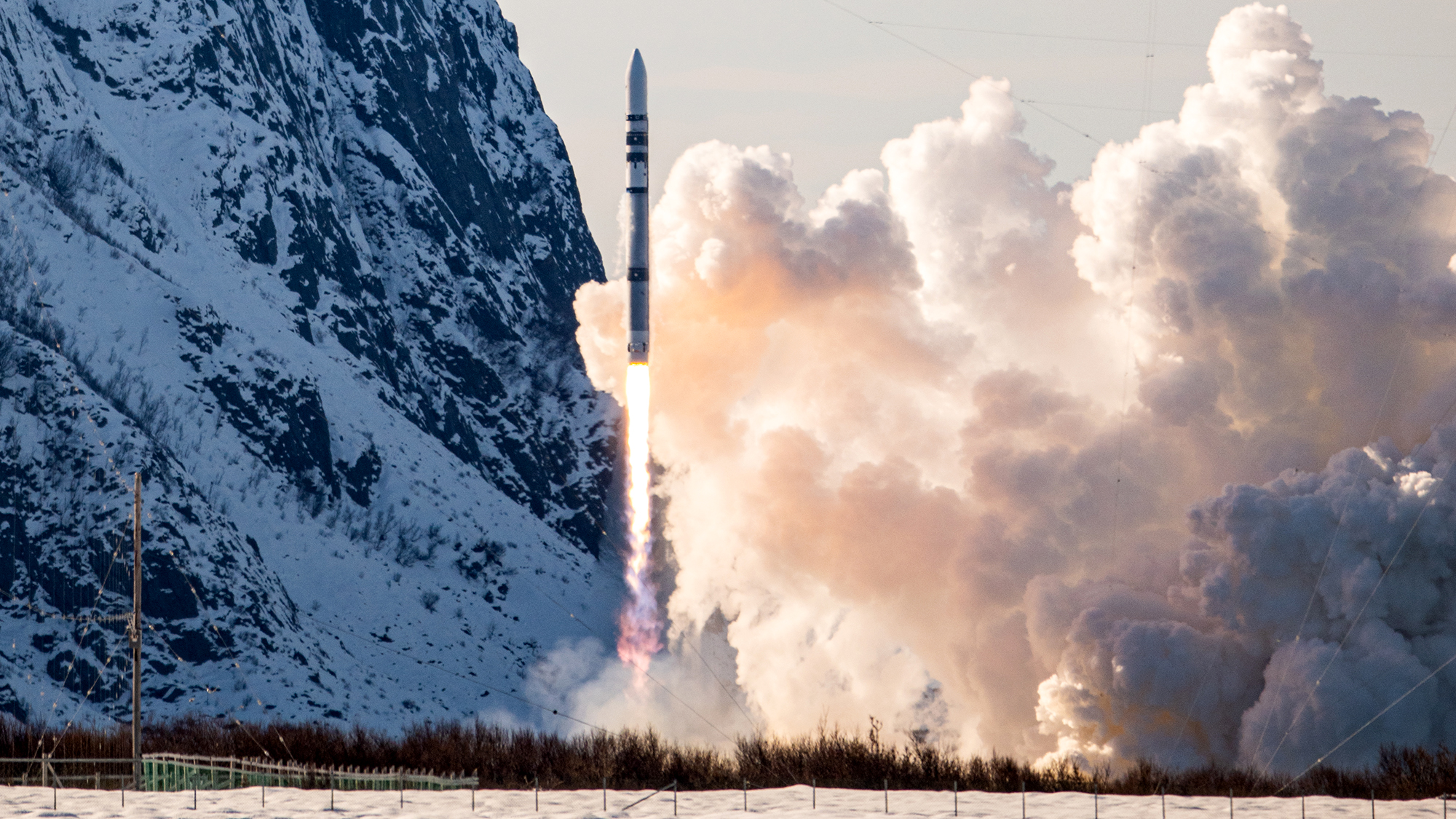 Test flight of orbital rocket from Europe explodes
Test flight of orbital rocket from Europe explodesSpeed Read Isar Aerospace conducted the first test flight of the Spectrum orbital rocket, which crashed after takeoff
-
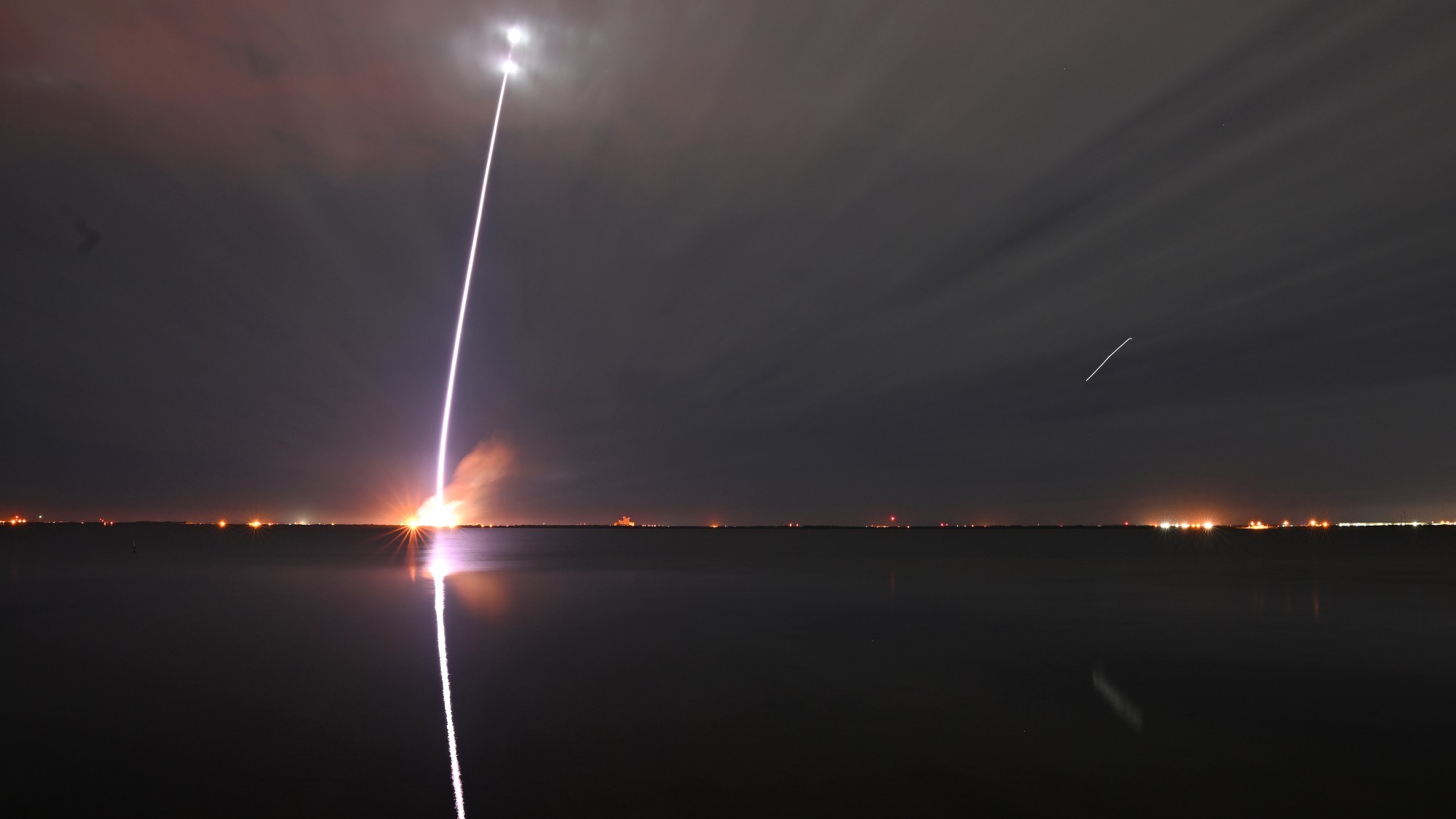 Jeff Bezos, Elon Musk and the billionaire space race
Jeff Bezos, Elon Musk and the billionaire space raceThe Explainer Tesla CEO and Amazon founder vie for dominance of satellite launch market and could influence Nasa plans to return to Moon
-
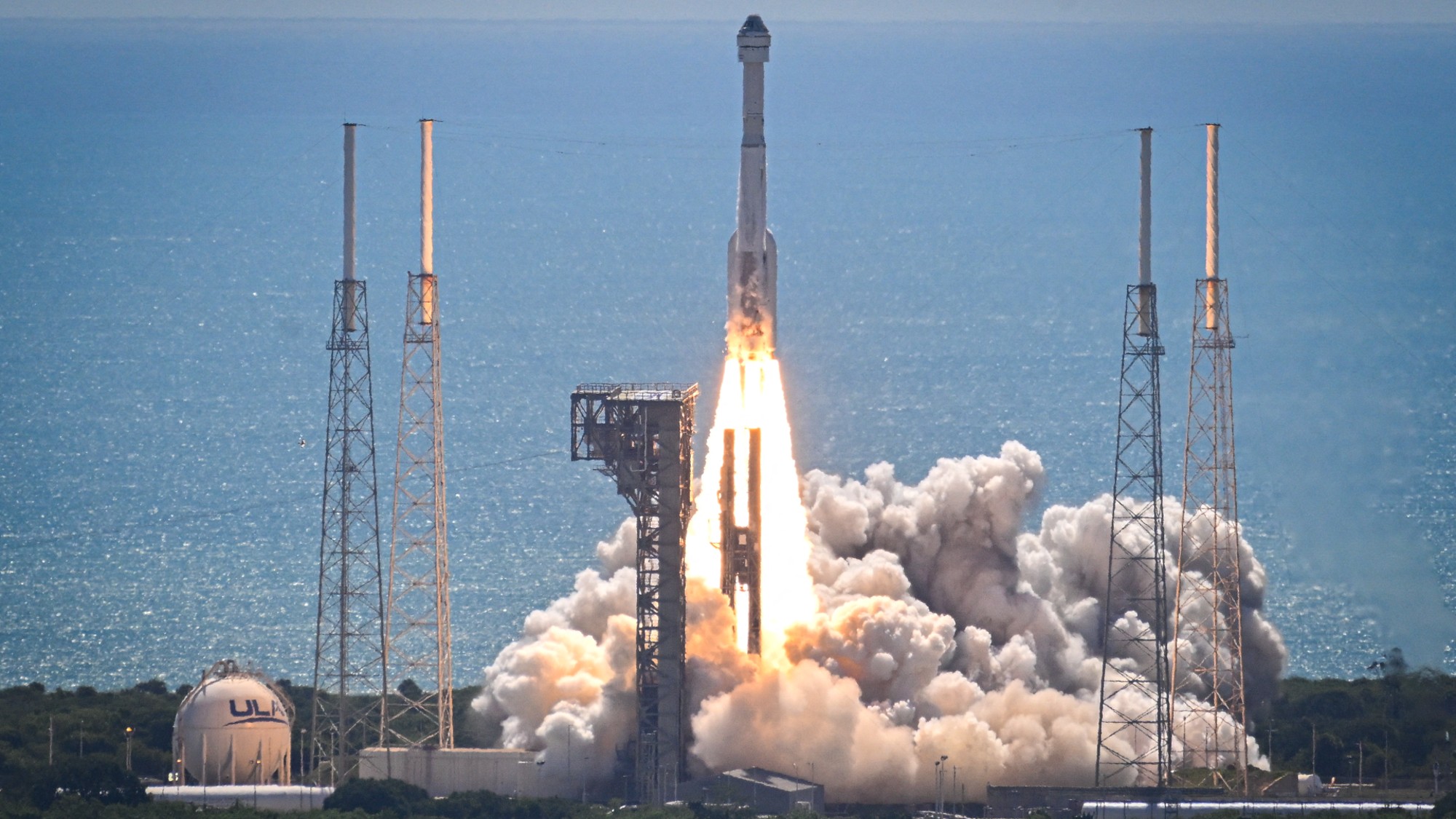 Starliner: What went wrong?
Starliner: What went wrong?Today's Big Question Boeing spacecraft has had a 'long, difficult road'
-
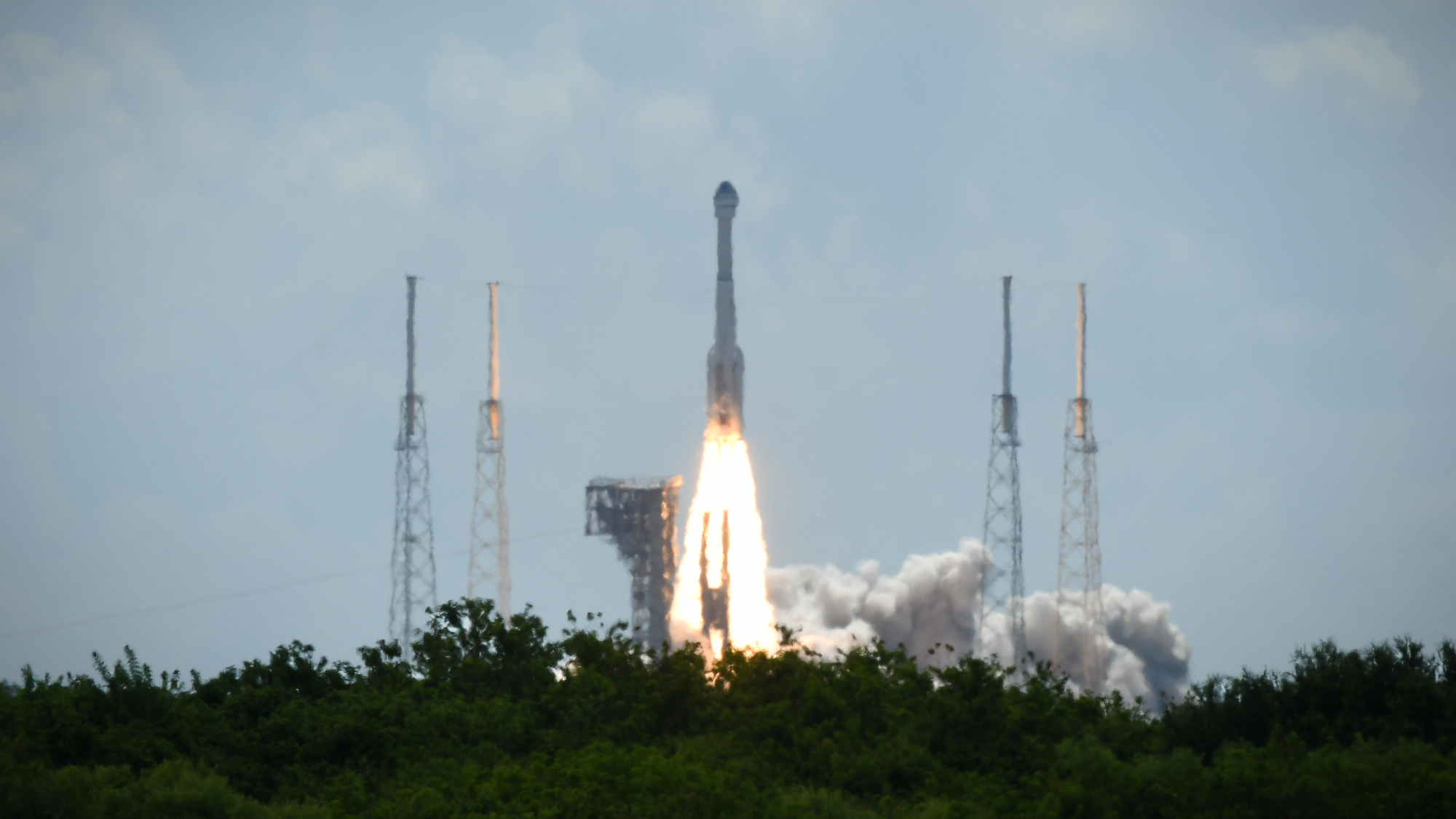 Boeing, SpaceX successfully test key rockets
Boeing, SpaceX successfully test key rocketsSpeed Read Boeing’s Starliner docked at the ISS and SpaceX completed its fourth test launch of its Starship spacecraft
-
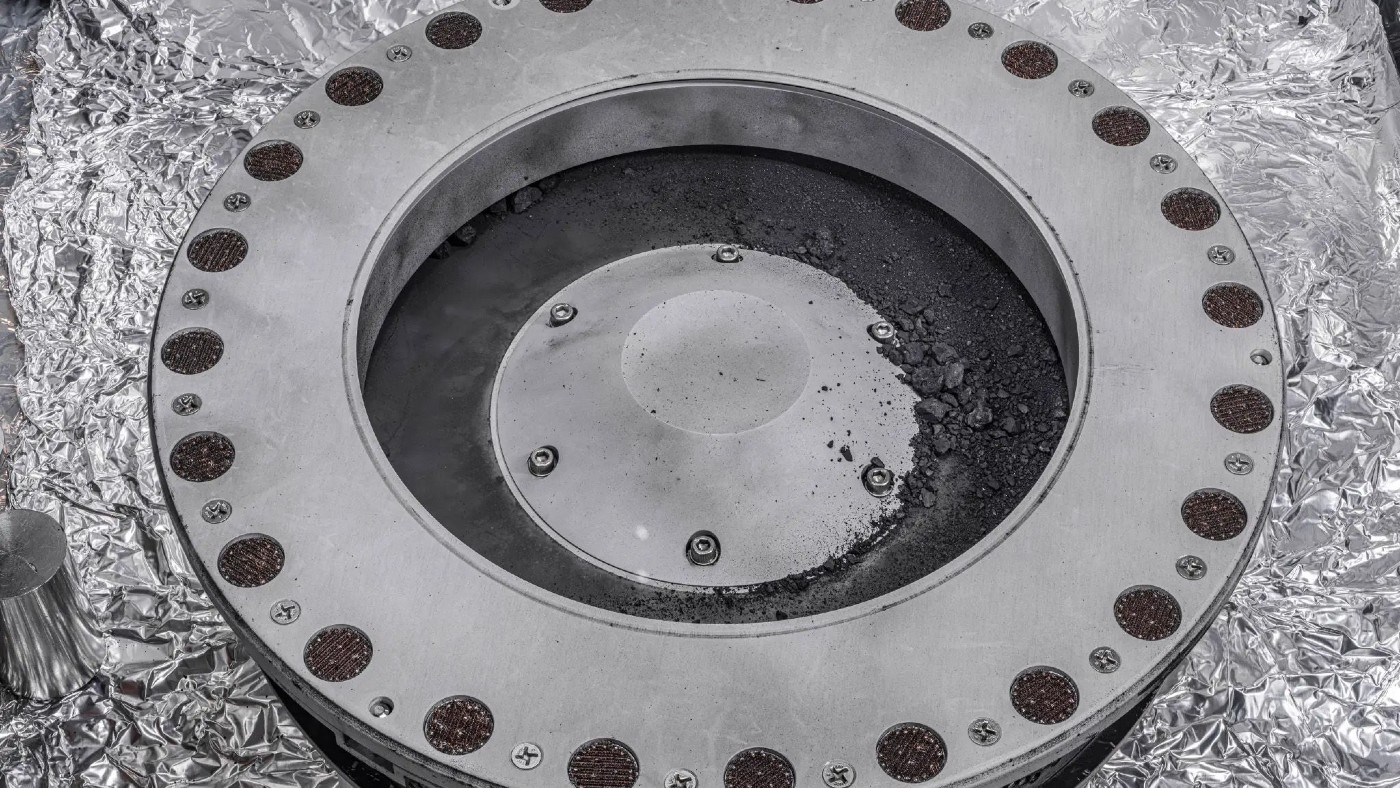 Nasa reveals first findings from asteroid that could explain origins of life
Nasa reveals first findings from asteroid that could explain origins of lifeSpeed Read Sample from Bennu has been found to contain an abundance of water and carbon